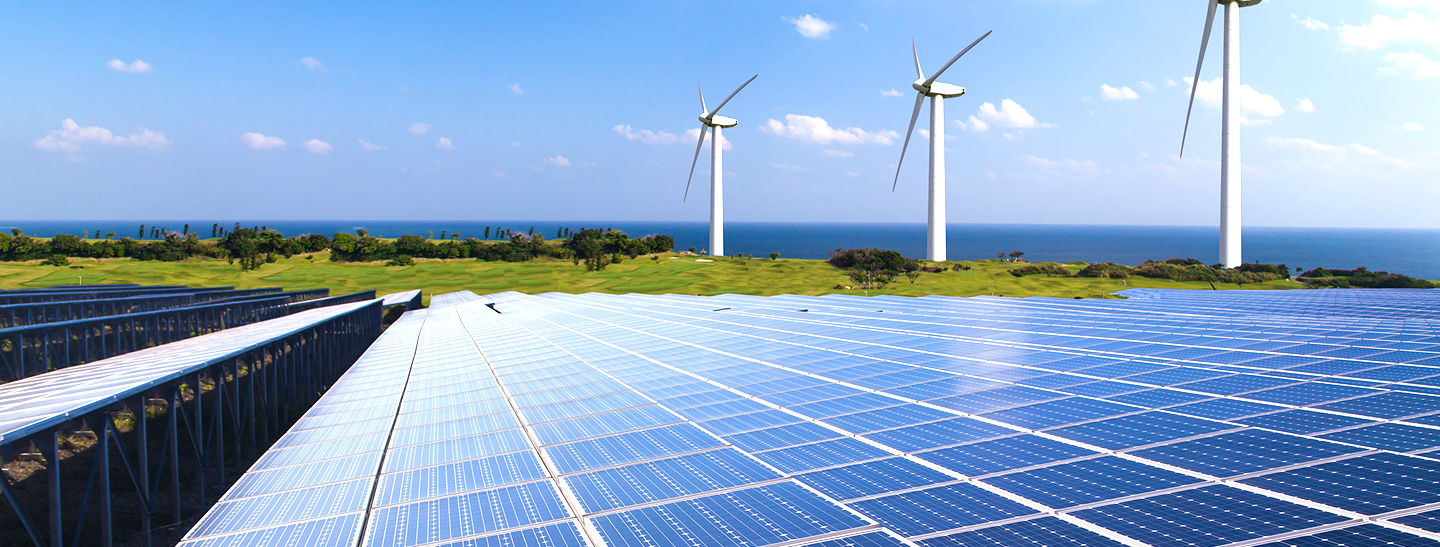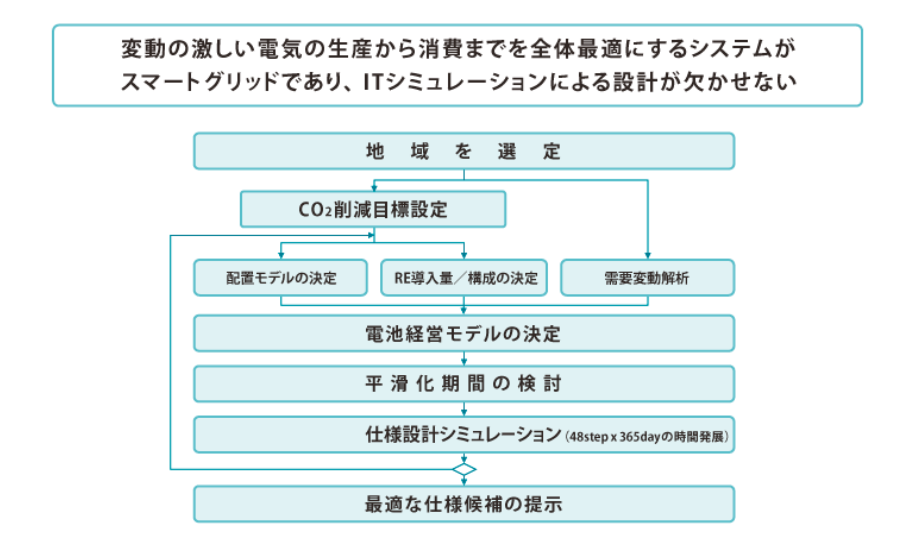SERVICE
We provide a wide range of think tank services, including planning, research, and project management for social and public infrastructure-related projects; planning, development, and operation of various facilities; management of general corporations and other organizations; and development, education, and dissemination of project management technologies and know-how.
-
01
Reconstruction support,
area management,
and domestic/international
smart city study support -
02
Public-Private Partnership advisory and
Project management - 03 Specification design of energy system
-

01 Reconstruction support, area management, and domestic/international smart city study support
Since the company's establishment, we have supported reconstruction in Tohoku following the Great East Japan Earthquake as project managers.
”We must not only recover the cities but also reconstruct the industries.” ”Tohoku’s reconstruction must drive Japan’s reconstruction. We must implement the solution to Japan’s resource and energy problems (98% of these are imported), environmental problems shared globally, and strategies to bring new growth to Japanese industry at the same time.” We have been implementing this project with the said mind.
To achieve this, all of the following four equations must be solved.
・Reconstruction of Tohoku
・Creating solutions to resource and energy problems
・Solving environmental problems
・Industrial promotion
In order to support the reconstruction of Ofunato City, Rikuzentakata City, and Sumita Town in Iwate prefecture, which the Great East Japan Earthquake had severely damaged, we proposed an environmental future city concept centered on two cities and one town in the Kesen area, we had established the East Japan Future City Research Group, the general incorporated association, and our members served as project managers and led the application and planning of the environmental future city.
Specifically, the construction of renewable energy power plants, the development of compact cities, the revitalization of industries such as agriculture and fisheries, the spread of wooden houses using Kesen wood, and a model in which medical care, nursing care, health, and welfare cooperate. We proposed five themes and conducted project management to realize them. -

02 Public-Private Partnership advisory and
Project managementAs the "Act on Promotion of Private Finance Initiative" (PFI Act) was enacted in 1999, PPP projects are increasing, which improve the efficiency and quality of services provided to residents through inducing private sector ingenuity. There are various schemes of PPP projects, including PFI, designated manager systems, public-build and private-operate, comprehensive private outsourcing, and concessions (selling the operation right of facilities to a private consortium in specific periods), and there are various options for PFI and PPP projects, depending on social conditions, costs and risks that the government and the private sector can bear, and the level of interest of private companies. Creating a scheme for a PPP requires much expertise, including finance. In addition, the construction of future public and social infrastructures requires simultaneous consideration of exit strategies for the post-completion management system. As project managers, we propose methods and mechanisms to solve social issues in PPP/PFI projects and promote the projects.
-
(1)Support for ministries and local governments
Concept formulation and study planning
Local governments formulate concepts in various areas of social infrastructure, such as construction, medical care and welfare, education, tourism, culture, sports, and urban planning. These concepts require in-depth research and analysis because they will be important in indicating the future of the region. We must solicit opinions from various stakeholders and experts and formulate concepts to get consensus from residents and councils.
Social System Design, Inc. has provided support for the formulation of concepts and consensus-building for many local governments. Through interviews with relevant ministries and agencies, domestic and international private companies, and experts, as necessary, we formulate viable and successful concepts.Institutional design and commercialization of PPP/PFI
Social System Design, Inc. aims to bring out the true potential of public-private partnerships by benefiting all three parties: the government as the client, the entity as the operator, and the residents who receive the services.
Specifically, we provide advisory services and feasibility studies during phases of the project identification, institutional design and feasibility study, and commercialization while ensuring appropriate sharing of funds and risks between the public and private sectors, fairness in institutional design, and transparency in procedures.業務フロー図
-
phase 01 案件抽出
- 対象案件の抽出
- 実施可能性の検証 財務面/法律面
- 対象案件事業化に係る合意形成 政府間合意の締結
-
phase 02 制度設計/事業化検討
- PPP制度設計
- 事業ストラクチャー策定 資金調達計画含む
- 企業コンソーシアム組成
- 優先交渉権の獲得
-
phase 03 事業化
- 関係法令等の策定
- 詳細な需要予測/設計業務等
- 民間事業者(投資家)に対する
アドバイザリー業務
Selection of operators (RFP, bidding, selection and contract)
Based on the Index Group's abundant experience in selecting private-sector project operators, we will consider the schemes, prepare bidding documents, implement the bidding process, and coordinate with the successful bidder.
We then propose the best ordering method that achieves the best three-way solution for the project from the perspectives of fairness, transparency, and optimization of financial expenditure.最適な入札・発注方法の提案
-
契約方式
- 工事の施工のみを発注する方式
- 設計・施工一括発注方式
- 詳細設計付工事発注方法
- 設計段階から施工者が
関与する方式(ECI方式) - 維持管理付工事発注方式
- 包括発注方式
- 複数年契約方式
- CM方式
- 事業促進PPP方式
-
競争参加者の
設定方法- 一般競争入札
- 指名競争入札
- 随意契約
-
落札者の選定方法
- 価格競争方式
- 総合評価落札方式
- 技術提案・交渉方式
- 段階的選抜方式
-
支払い方式の選択
- 総価契約方式
- 総価契約
単価合意方式 - コストプラスフィー契約
・オープンブック方式 - 単価・数量生産
契約方式
Construction and operations monitoring
Social System Design, Inc. will collaborate among Index Group companies to regularly monitor from a third-party perspective that the quality control process in the construction phase is functioning correctly. We also periodically check the process to ensure the initial management process is recovered. We also provide solutions to optimize costs throughout the facilities and social infrastructure lifecycle by utilizing past data and experience and cutting-edge AI/IoT during the maintenance, management, and operation phases.
建物のライフサイクルコスト(LCC)
-
-
(2)Support for private sector companies and consortiums
Social System Design, Inc. provides consulting services to private sector companies in PPP and PFI projects.
Business plan formulation
Social System Design, Inc. supports consortiums and SPCs in realizing their business concepts while understanding the requirements of the ministries and local governments that select the project proponent.
Specifically, we conduct feasibility studies, such as organizing facility construction and operation requirements, formulating a project concept, and preparing a business plan. In addition, we will examine the business scheme necessary for the realization of the project, develop a business income and expenditure plan, and consider financing.Support for Preparation of Proposal Documents
We support the formation of the most suitable team and the preparation of proposal documents so that the consortium will be selected as the project proponent. Since PPP/PFI projects require investment decisions by each consortium and discussions with financial institutions, we support coordination and discussions through project management.
Support for facility development, operation, and maintenance after selection
The Index Group can provide comprehensive support from facility planning and conception to construction, operation, and maintenance. The group works together to provide ongoing support for construction management during facility development and facility management during operation and maintenance after selecting a PPP/PFI project.
-
-

03 Specification design of energy system
Significant changes are required in the energy social system. In Japan, electricity has long been generated intensively at power plants owned by electric utilities and transported to the point of demand (offices and homes) via the power grid, where it is consumed. It had been thought that power generation would depend on fossil energy while nuclear power would play a vital role as the alternative. However, the Great East Japan Earthquake of 2011 has significantly forced us to reconsider the previous model. To put it bluntly, we have been taught that a new relationship between human activity and natural activity needs should be created.
The introduction of renewable energy generation is a new direction. We must drive the introduction. However, matching renewable energy generation's demand (consumption) and supply is challenging because generation is unstable since it depends on the weather. Therefore, energy storage is essential to adjust fluctuating power generation and demand. We have a scientific design method [CSSD (Computational Social System Dynamics)] to find the optimal composition of renewable/renewable power generation and storage. The CSSD is an energy social system design method based on IT. It aims to optimize energy management using renewable energy subject to a single building or a wide area by doing the following two main things. ①Specification design to determine the optimal scale of renewable energy equipment and storage batteries based on a detailed analysis of the natural environment and electricity demand
②Optimization of daily energy management according to objectives (electricity cost reduction, achieving carbon neutrality, etc.)-
シミュレーション結果の評価指標(例)

Benefits of introducing CSSD
■ Contribution to carbon neutrality in the target area or building, etc., through the installation of renewable energy equipment and storage batteries
■ Balancing economic rationality and CO2 reduction, with the prevention of electricity price increasing for the long term in mind.
■ Designing the decentralized energy social system through the multiple uses of hydrogen fuel, EVs, etc., and achievement of "local production for local consumption."CSSD specification design flow
Based on the purpose of introducing renewable energy, natural conditions such as solar radiation and wind, and fluctuating electricity demand on an annual, weekly, and day-nightly basis, we design optimal specification candidates by conducting a "time evolution simulation."

Here are some case studies of energy social system design for complex buildings, certain urban areas, and entire cities in rural areas.
-